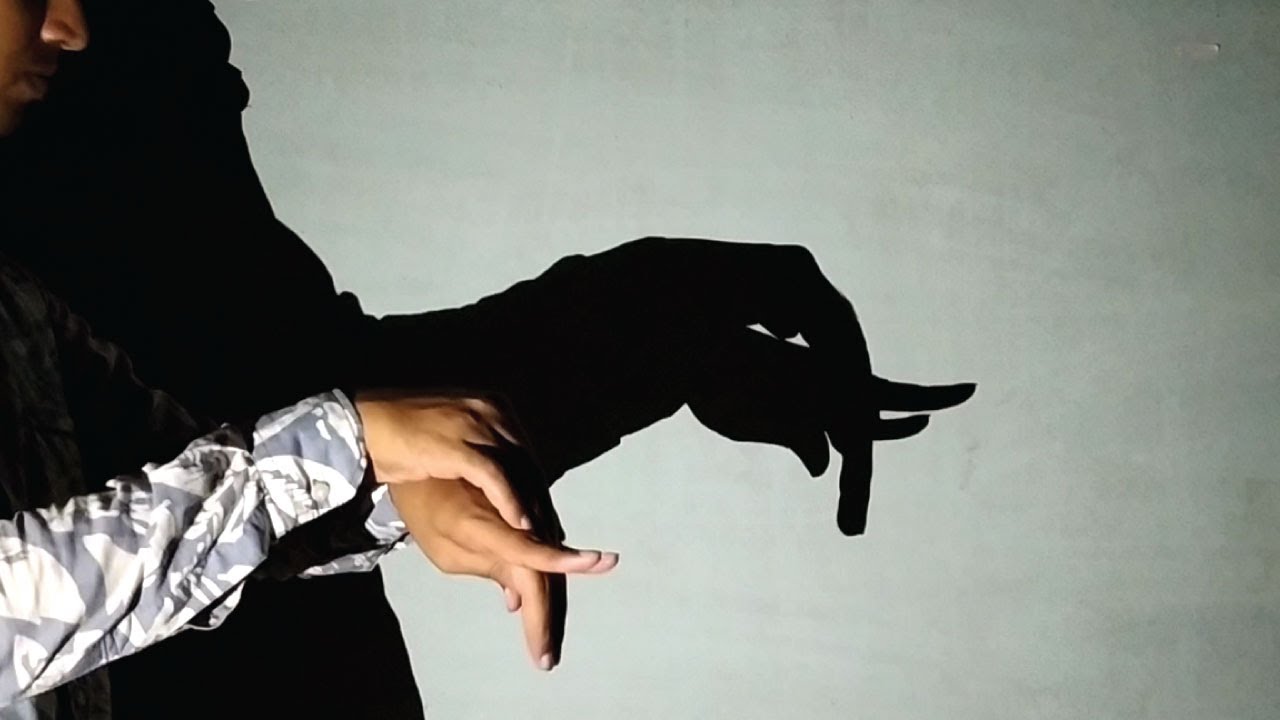When Andrew Weinreich first founded Six Degrees—the first social media platform in the world—in 1997, little did he or anyone around him know that Social media would snowball and become what it is today.
Though Andrew’s Six Degrees happened to garner a whopping 3.5 million users, it was forced to shut down in 2000 because of a financial crisis.
Despite the increased engagement and interaction Six Degrees had with its users, none of the investors and giant tech companies saw the potential of it. All of them thought that the term Social Media was just a passing fad.
It wasn’t until four years later that a guy named Mark Zuckerberg came up with a Social media platform called Facebook that everyone realized Social media was here to stay.
Facebook blew the internet.
And the rest, as they say, is history. We are the eyewitnesses to its astronomical evolution over the years.
Following the massive success of Facebook, number of social media platforms hit the market, giving rise to what we call as the Social Media revolution.
This revolution enabled people to engage with others like never before. It also allowed artists, athletes, and businesses of all sizes to skyrocket their exposure and growth. Be it finding jobs, meeting new friends, or even shopping, Social media made things way easier than how it was before.
The Dark Side
But, no matter how useful or innovative a product or service might be, it will often have its own downsides.
And, Social media is no exception.
In fact, the negative impacts of using Social media far outweigh the benefits it has to offer—according to a number of reports.
What initially became popular for interacting with friends and finding new ones, gradually turned into something that would cause depression and anxiety to many. From body shaming to hate speech to colourism to hyperfocus on ostentation, Social media has been the main source for causing insecurities, low self-esteem and depression for its users—especially in teens and youngsters.
Since, it’s only the happier and positive side of life that people more often showcase on their Social media accounts, many deceive themselves by setting a false standard for their lives. They think that they have to look in a certain way (a fair, bright, and spotless skin and a fit body, for example) and possess certain things (a luxury car or a penthouse) to be happy.
To make things very worse, most of the influencers, celebrities, sportspersons and musicians endorse beauty products, and fitness classes and supplements, to destroy the remaining confidence in us. It’s very shocking to see even some of the most renowned and respected personalities doing endorsements for such products at the expense of our mental health.
It makes one wonder as to whether or not these famous people realize the kind of toll such endorsements have on our generation’s mental health.
Fostering Toxic Community
Teens and tweens, unfortunately, are the ones that are most affected by such toxicity on these Social media platforms.
A recent survey by American Academy of Child and Adolescent Psychiatry shows that ninety percent of teens between the ages 13-17 have used social media. And, seventy five percent of them report having at least one active social media profile, and 51% report visiting a social media site at least daily.
In a phase where most part of their character and values towards life is developed, exposure to such deceptive standards can have a heavy toll on their lives. And the result: It fosters a generation of people that value only the materialistic and superficial aspects of things; Comparing each other based on appearance and wealth, and therefore spiking insecurities and depression rates to new heights.
Not only just teens are influenced by the Social Media, adults too. Though many of us might think that we are aware of all the toxicities on Social media platforms, subconsciously almost all of us are driven by it.
Sleep Deprivation and Dopamine Rush
On that note, another major negative impact of Social media is health problems.
Studies have linked the use of social media to poorer sleep quality, inattention and hyperactivity, which ultimately hampers our productivity, and therefore affects the quality of our lives.
The blue light from our cell phones and computers affects the quality of our sleep—making it difficult for us to sleep, thus causing insomnia. It’s also oftentimes the reason why you feel damn tired and uninspired when you wake up the next morning.
That being said, these Social media platforms are built in such a way that they stimulate the dopamine in your brain. For those of you who doesn’t know what dopamine is, it’s a “feel-good or happy hormone” released in our brain when it’s expecting a reward—like eating your favourite food, watching a series on Netflix, shopping that tee, when you exercise or just about anything else that you enjoy.
In simple terms, dopamine makes you feel good after doing these things and motivates you to repeat them.
“In a 2012 study, harvard scientists reported that talking about oneself through social media activates a pleasure sensation in the brain usually associated with food, money, and sex.”
Whenever we get any notification or message from our Social media accounts, dopamine is released. By checking your messages multiple times in a day, we drain our dopamine levels artificially. And this ultimately makes you less motivated and excited about things. Furthermore, it’s linked to many mental illnesses including depression, schizophrenia and psychosis.
Feeling Drained Out?
One of the main reasons as to why we should be limiting our time on Social media is because it drains down our energy to concentrate, and makes us fatigued most of the time.
The underlying science behind this phenomenon is very simple.To concentrate on something, our brain requires an organic compound as fuel, called ATP (Adenosine triphosphate). Every time we scroll through the posts, our brain uses up the organic compound.
When we keep scrolling through the posts for an extended period of time, the ATP levels in our brain plummet, hence making us feel so drowsy and drained up.
Hmm… Then?
So, now that we know how Social media is impacting our lives in a negative way, does it mean that we should boycott them? Well, that isn’t what I really meant to imply. The point I am trying to make here is very simple. As I mentioned in the beginning of this article, every great product or service will have its own flipsides, it is up to us to choose what is best for us and best for the people on that platform and for everybody on this planet.
“Anything that is done within its limits is less likely to cause any harm to anyone.”
As this quote goes, a recent study showed that Social media usage that is limited to 30 minutes a day has actually proven to improve the mental health of people.
So, make sure you prioritize real life over the digital life, and use it to your advantage, rather than letting the dark side of the platforms using you to their advantages.
“Choose wisely, live well.”



